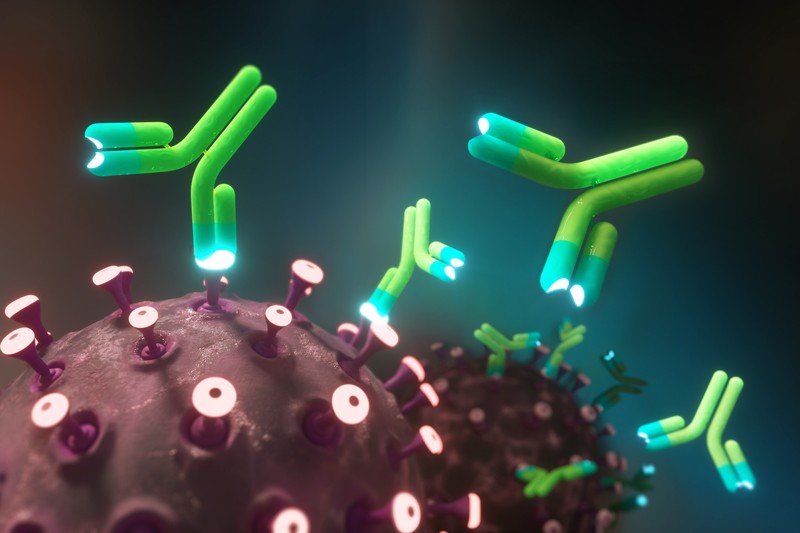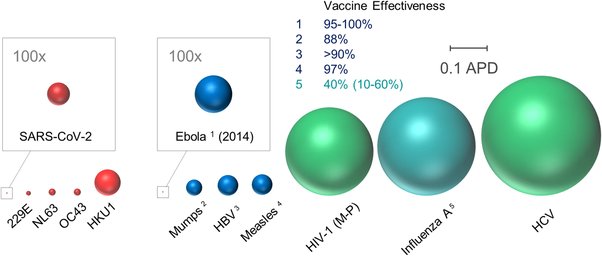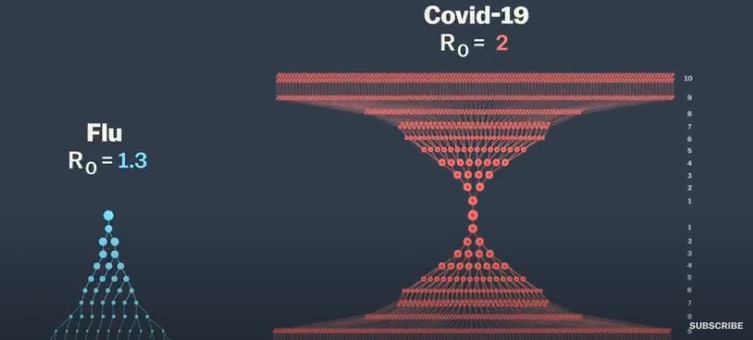The rise of the coronavirus variants of the original coronavirus causing Covid-19, SARS Cov-2 has caused concern following a study of blood samples from people who have recovered from the disease. It found that the antibodies generated by previous infection or as a result of vaccination were unable to ‘neutralise’ this particular variant in laboratory tests.
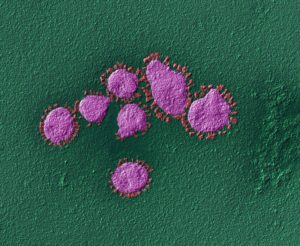 It is important to note at this point that it only looked at antibodies and not the wider aspects of their immune response, we will return to that a little later.
It is important to note at this point that it only looked at antibodies and not the wider aspects of their immune response, we will return to that a little later.
In Durban Tulio de Oliveira, a bioinformatician at the University of KwaZulu-Natal linked the variant called 501Y.V2 to a fast-growing epidemic in Eastern Cape province that has spread across South Africa.
This variant had many mutations in the SARS-CoV-2 spike protein. This means that the antibodies that blocked the original virus from entering the human cells couldn’t recognise the spike protein on the new coronavirus variants. This results in a failure to block the spike protein on the variant virus, the variant was then free to invade the body’s cells and cause the disease.
There is now proof that several reinfections with 501Y.V2 have occurred in South Africa, states de Oliveira. These mutations are also present in other variants in the UK and Brazil as well as other countries around the world. Each variant differs slightly and it seems a specific type of mutation is necessary in order for the virus to evade antibodies.
This is increasingly being born out by follow up studies in other countries and just recently it seems that the same or similar mutations have occurred in the UK independently. It may well be that this is a common route of the evolution of the virus since it is occurring independently in different locations.
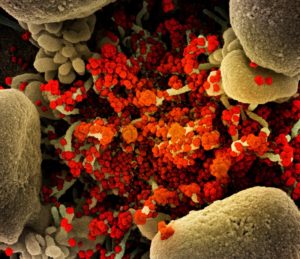 Similar studies were carried out on the UK variant by the makers of the BioNTech vaccine. They also used antibody serum from recovered patients. It was found that B.1.1.7’s spike mutations meant it couldn’t identify the virus and the blood of 10 out of 16 patients had a less effective antibody response to the coronavirus variants.
Similar studies were carried out on the UK variant by the makers of the BioNTech vaccine. They also used antibody serum from recovered patients. It was found that B.1.1.7’s spike mutations meant it couldn’t identify the virus and the blood of 10 out of 16 patients had a less effective antibody response to the coronavirus variants.
So basically the vaccine still works against the UK variant but is less effective. This is good news but only in part because the level of antibodies in those patients was high due to recent exposure to virus.
As time goes by the numbers of antibodies in the blood drops and its unclear if they would still be effective at repelling viral attacks if the numbers of antibodies dropped say in 6 months time.
To return to the point made at the beginning of this piece antibodies are not the whole story of immunity. We already know that some vaccines are particularly good at eliciting a T-cell response response and T-cells are less likely to be effected by changes in the spike protein.
This is because T-cells specifically target infected cells that are making new virus. It spots them in a different way to antibodies by looking at the bits of protein that are thrown away in the process of making new virus. The T-cells spot these mixed fragments ejected into the blood as a sign that virus is being made in that cell and targets the destruction of that particular cell as a virus factory.
So therefore why aren’t these T-cells the answer to these variants and shouldn’t they stop them in their tracks? The answer to that is one we have come across before, that is that its ‘the numbers game‘.
Antibodies work because the blood is flooded with millions and millions of antibodies. T cells are present in much much lower numbers typically about 500 to 1,200 cells/mm3. Antibodies are smaller as they are simply protein molecules. The point is that there are simply not enough T-cells to repel a significant viral attack.
T-cells are effective at repelling low level viral attacks from coronavirus variants until antibodies can be produced ‘en masse’. This is another reason why lowering the case numbers nationally is important as it means with lower viral load at the time of infection T-cells have a chance to do their stuff.


